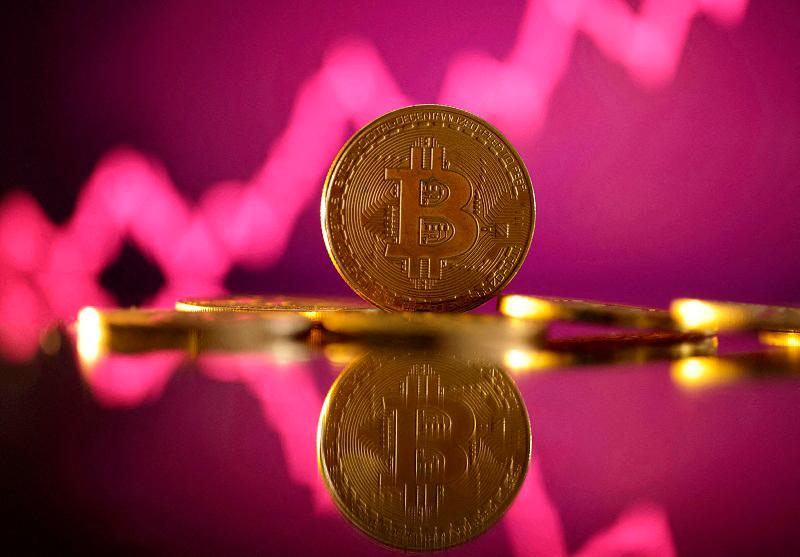
A pressing question has emerged as the prospect of a third world war haunts geopolitical headlines: what would replace global financial systems if they were devastated by widespread conflict? Could cryptocurrencies, which were previously regarded as eccentric technology ventures, serve as humanity’s economic escape route? In a world where conventional currencies are losing credibility, institutions are collapsing under the weight ...

The foundations of national economies can rapidly crumble in a world that has been shook by global conflict, political catastrophe, or pervasive economic failure. The assets that once held value—stocks, bonds, fiat money—can become worthless instantaneously when currencies hyperinflate, institutions collapse, and governments fall. What would continue to be valuable in the event of such a catastrophic event? In a ...

Cryptocurrencies have long been embedded in a legal gray area, where they are celebrated for their decentralization, questioned for their volatility, and scrutinized for their involvement in illicit finance. Although governments worldwide have engaged in discussions regarding the regulation of this swiftly changing domain, genuine global coordination has yet to be achieved. However, in the event of a significant conflict—possibly ...
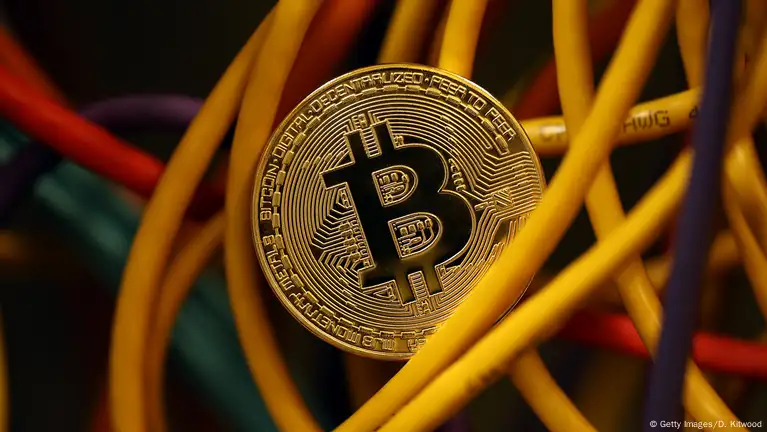
Global financial systems have been reset by significant conflicts throughout history. The classical gold standard was terminated by World War I. The Bretton Woods Agreement, which was the result of World War II, established the U.S. dollar as the world’s reserve currency. Could the next tectonic shift—this time toward a **global digital currency standard**—be triggered by the emergence of a ...
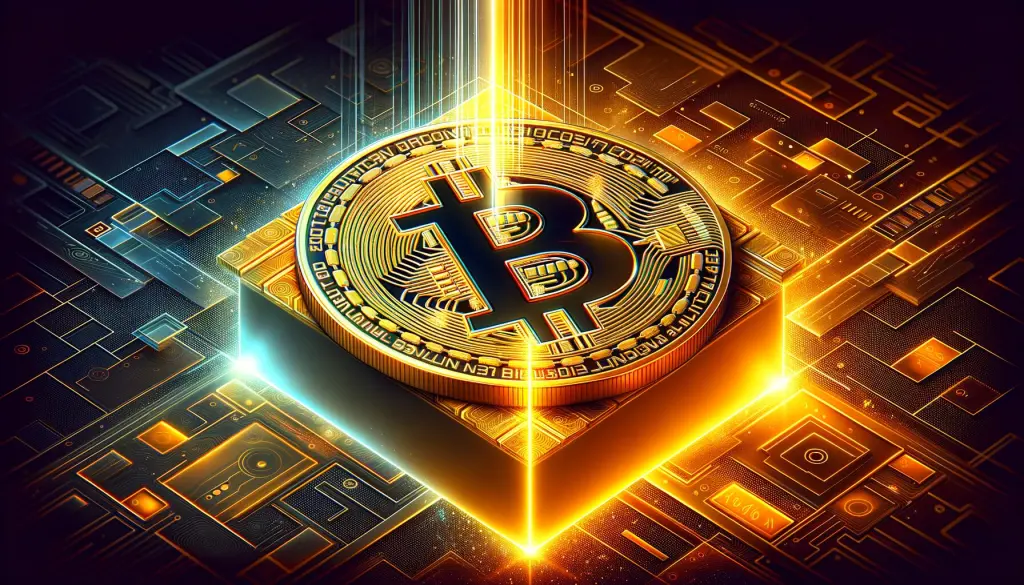
In the event of a significant war, such as a Third World War, which cryptocurrencies would survive or even thrive? This is a critical issue that has arisen as the world becomes increasingly volatile, with increasing geopolitical tensions and fears of large-scale conflict. Inflation, sanctions, surveillance, and infrastructure failure frequently disrupt conventional financial systems during periods of global conflict. Some ...
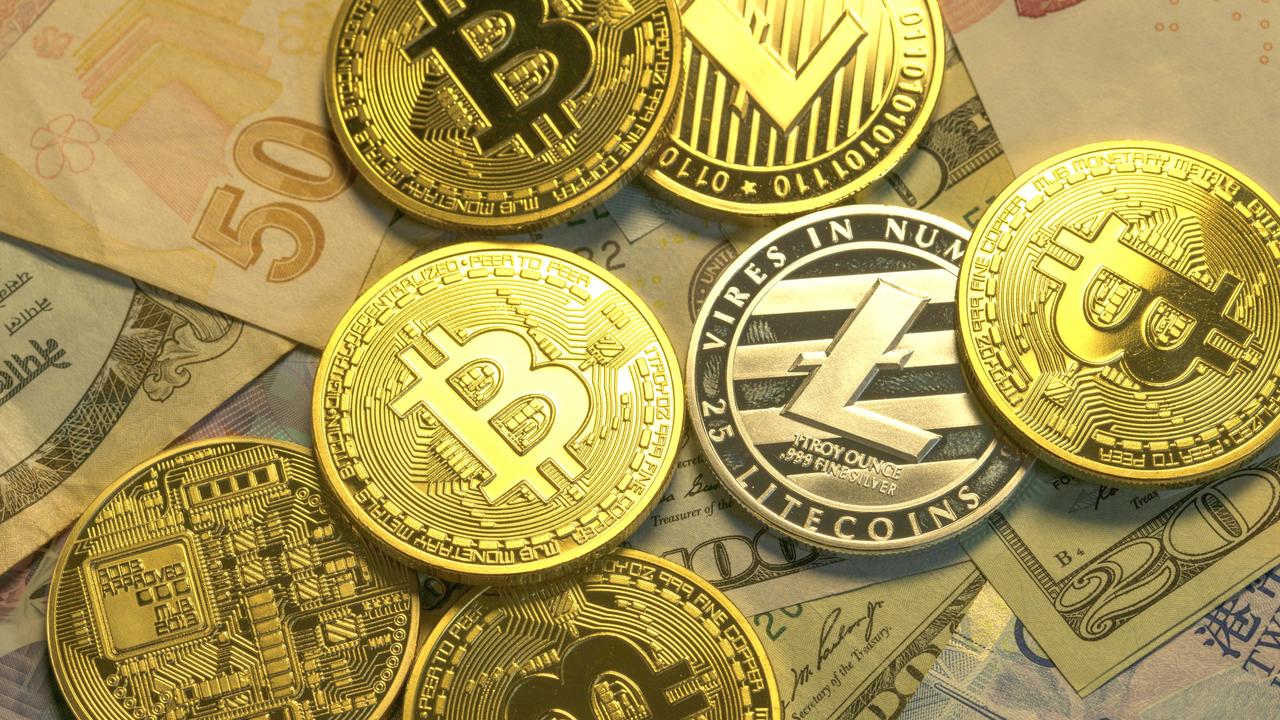
The cryptocurrency ecosystem has evolved from a singular decentralized endeavor to a global phenomenon as it enters its second decade. Thousands of digital currencies now compete, collaborate, and coexist, ranging from Bitcoin to Ethereum, stablecoins to meme tokens. However, a fundamental concern looms enormous as this ecosystem continues to mature: **Will the future of crypto converge into a single, dominant ...
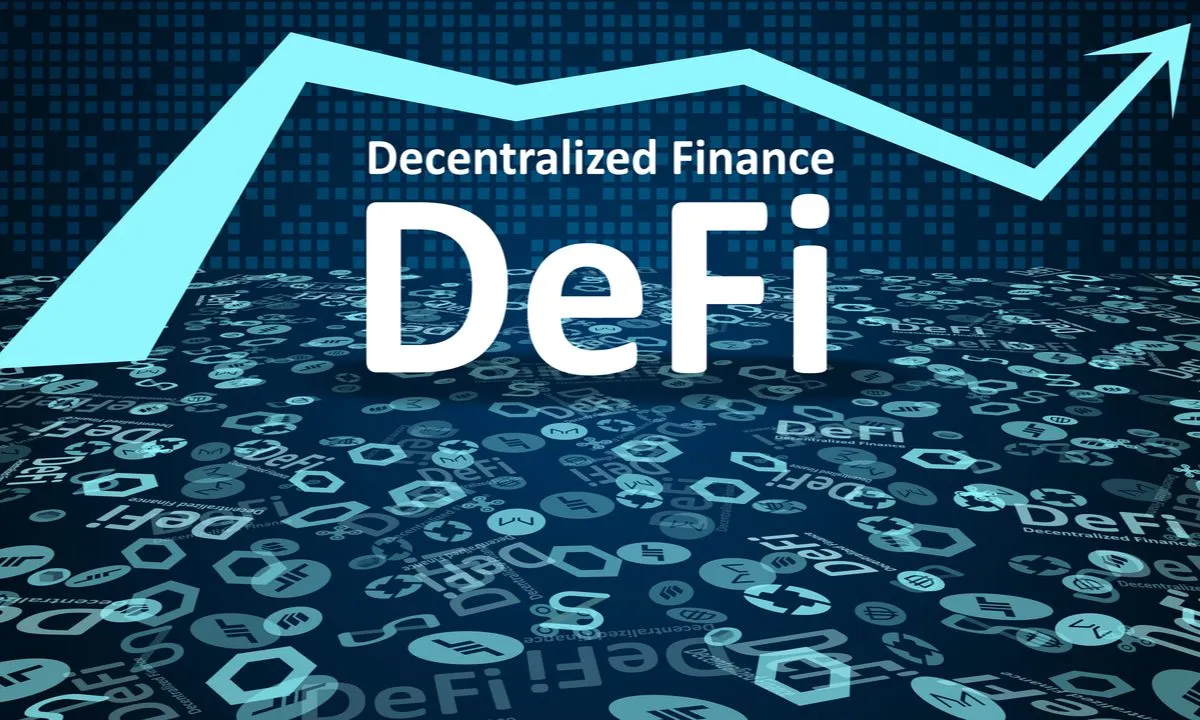
Bitcoin was the catalyst for the entire phenomenon. It introduced the world to the concept of a decentralized, peer-to-peer digital currency with its introduction in 2009. However, a critical concern has arisen as decentralized finance (DeFi) continues to develop into one of the most dynamic frontiers in crypto over a decade later: **Will Bitcoin be the driving force behind the ...

The next era of digital finance may emerge from a place beyond traditional blockchains: the metaverse. Bitcoin, the original colossus of the crypto world, is scarce, decentralized, and globally recognized. As immersive digital environments transition into full-scale economies, a novel form of currency may emerge, one that is not solely based on scarcity but also on utility, engagement, and social ...
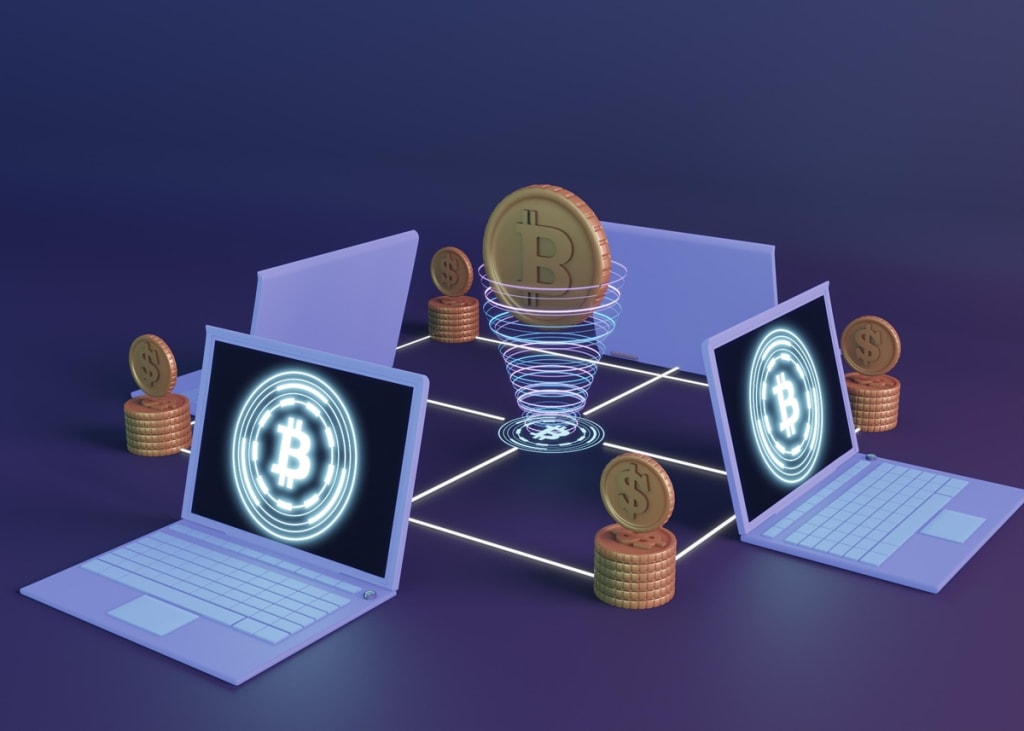
Value was frequently determined by vision and excitement during the early stages of cryptocurrency. Communities rallied around parodies, whitepapers promised revolutions, and coins experienced a price surge on the basis of market momentum. However, the industry is currently faced with a critical question as the ecosystem matures and the world becomes more attentive: **Will speculation continue to dominate crypto markets, ...

Innovation, ideology, and extensive global collaboration have all contributed to the meteoric ascent of cryptocurrency. The enigmatic vision of a single individual was the catalyst for the emergence of Bitcoin. Ethereum originated from a brilliant whitepaper authored by an adolescent. However, as we continue to progress into the era of programmable economies, artificial intelligence, and decentralized systems, a new question ...